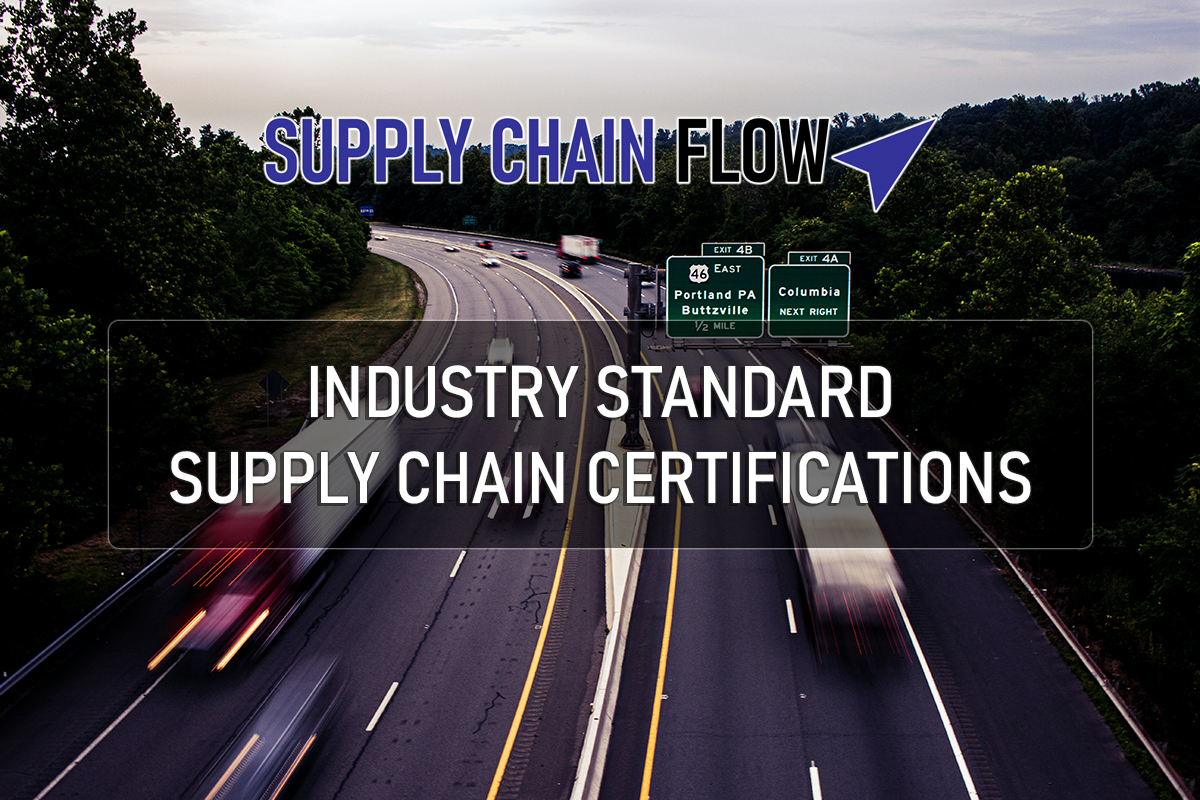How to Get a Good Job in Supply Chain

I've seen this question asked time and time again. Typically, it's from someone who may have already been roped into part of the supply chain duties, who was probably told to "wear many hats".
Protip: This means they are probably underpaying you by making you complete tasks that should be assigned to multiple people.
In this article, I'm going to go over a couple ways to look out for good jobs in Supply Chain by looking at job postings and evaluating companies and their open positions. We'll go over a few different categories of Supply Chain and what you can expect during the interview and negotiation processes.
Finding Good Supply Chain Jobs
What makes a good job? A few different things to consider when reviewing job offers and different companies.
Reviewing the medical benefits: Medical benefits on day 1 is incredibly important - unfortunately some of the bigger companies insist on a 30 or 60 day waiting period. Keep this in mind when negotiating. If you have an unavoidable medical insurance gap, consider getting catastrophic plan through Heathcare.gov. COBRA tends to run about $500/mo so it's not usually an option for a lot of people. HSA's are nice; but you should make sure the company offers a PPO plan if you take any medications or have any chronic conditions. FSA's are great to have as well to decrease your taxable income and essentially get a "discount" on paying for medical bills.
401k match and vesting: I'm of the strong opinion that a vesting schedule is an artificial incentive to stay a certain number of years. Keep this in mind as well, especially if you don't think you'll be staying more than a year or two at a new company, or are not sure. 401k match is industry standard; typically starting after a 30 or 90 day waiting period, I'd say a 3-4% match is standard given a 6-8% employee contribution. More is better.
Salary insights:
My favorite resource for salary insights come from ASCM - it does a really great job of breaking down the industries current status. ASCM's Salary Survey - you can read the highlights here: ASCM's Salary Survey Highlights 2021.
"The median salary for supply chain professionals is $86,000 annually. Despite the economic challenges of 2020, 87% of those surveyed received an additional cash bonus. A typical starting salary for individuals entering the supply chain field is $60,000."
You can read a bit more about salary insights in my post Are you being underpaid in your Supply Chain career?
Location insights & company insights
Be sure to check out resources like Glassdoor, LinkedIn Salary, and CareerBuilder Salary. Different regions will likely have different salary expectations, depending on the cost of living in that area.
Once you have an offer, make sure to check out reviews on Glassdoor, keeping in mind the ones most likely to leave a review are disgruntled about something. These reviews could potentially give you some insight on what to negotiate on (lacking vacation time? No sick days? Time to negotiate for more.)
Different facets of supply chain have different expectations
If you have certain requirements - looking for remote work? Understand that some facets of supply chain are going to have different
Transportation unfortunately tends to be an "older focused"
Inventory management, transportation, business analysts
Resume tips and tricks
Take a look at job postings for roles that you feel you're looking for. Take note of the keywords in the qualifications and duties sections - can you relate that to your own resume? Maybe add a few key terminology points from these points to your own resume.
You can take a deeper look at my resume tips in my post here: How to Cater your Resume for Supply Chain
Interviewing and Negotiating
Be confident! Dress up nice, even if it's just a Zoom interview. I've often found putting on nice clothes and putting a little extra into your appearance can make you feel more confident than not doing so. Be the best dressed person on the call.
When negotiating, remember - be polite, but always ask. You're leaving money on the table if you accept the very first offer. I'd typically recommend asking for $5k or 10% more, depending on the position, and assume they will meet you somewhere in the middle. Obviously, take a look at what other positions are paying in the same area using the resources above. Don't take it personally if the recruiter attempts to tell you that you're asking for too much (This is a big no-no on their part, but a common tactic).
You can also negotiate things like vacation time. Ask for another week, or more, especially if they try to give you the entry-level corporate vacation policy. Nobody wants to stay at a company for several years, waiting for an additional week of vacation. Tell your recruiter this! They know it, you know it. Have a minimum amount you will accept - be realistic, but firm. Decide prior to speaking with the recruiter if this is going to be a deal-breaker or not. A good company is likely to work with you.
All in all, make sure you do your research. Be confident and evaluate offers as they come.



